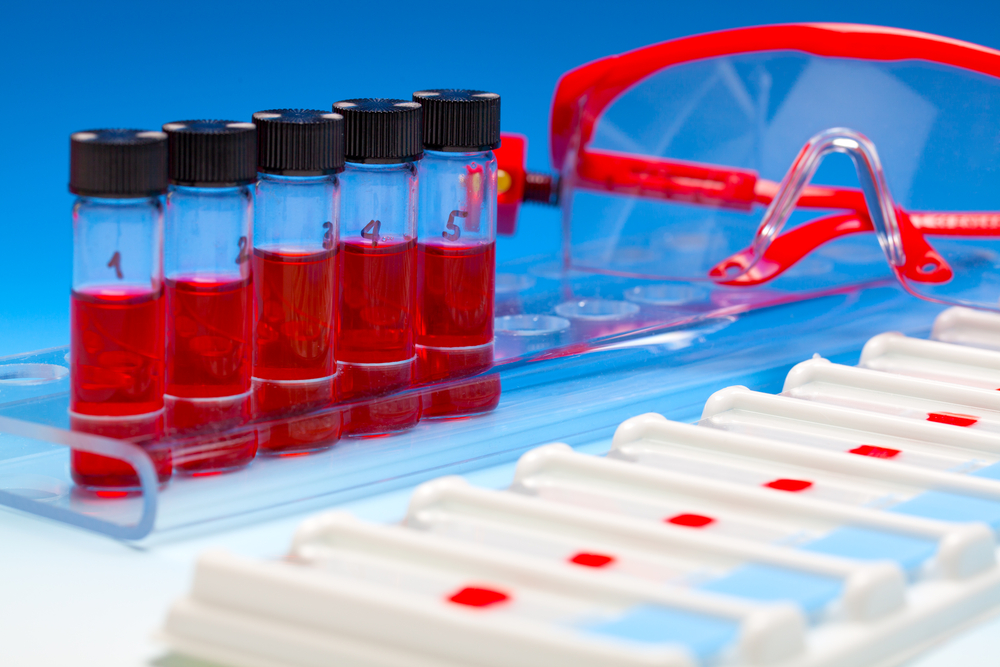
Scientists at The Australian National University (ANU) are working with researchers in France to develop a new potential way to detect and monitor breast cancer that could involve a simple blood test.
A blood test could be cheaper and less invasive than other tests such as biopsiesfor breast cancer, which is the most common cancer for women and kills more than half a million women around the world each year.
Lead researcher Professor Guillaume Tcherkez from ANU said the University was developing the innovation with the University of Nantes, and the University Hospital of Nantes and Angers in Pays de la Loire, France.
“A blood test for breast cancer is several years away from being used in hospitals, but we think we have discovered a new way of detecting breast cancer in the first instance as well as ongoing monitoring,” said Professor Tcherkez, an ARC Future Fellow at the ANU Research School of Biology.
He said a blood test would complement today’s detection tools for breast cancer, including mammograms, and could corroborate results from a biopsy.
Co-researcher Dr Illa Tea from The John Curtin School of Medical Research at ANU and the CEISAM laboratory at the University of Nantes said the concept for the new detection tool was based on research published in Scientific Reports.
“Our research shows the presence of isotopes carbon-13 and nitrogen-15 in certain proportions in a tissue sample can reveal whether the tissue is healthy or cancerous,” Dr Tea said.
Both isotopes, which occur naturally, are named according to the total number of protons and neutrons each has in the nucleus: six and seven, respectively, for carbon-13; and seven and eight, respectively, for nitrogen-15.
The research team analysed biopsy samples from healthy people and cancer patients from Pays de la Loire in Western France, as well as different lines of cancer cells in culture.
“We could develop clinical applications from this research to detect a change in the isotopic proportions in compounds present in blood, that may indicate the presence of cancer,” DrTea said.
The Research School of Biology and The John Curtin School of Medical Research at ANU collaborated on the study published in Scientific Reports with the University of Nantes, and the University Hospital of Nantes and Angers in Pays de la Loire, France.




